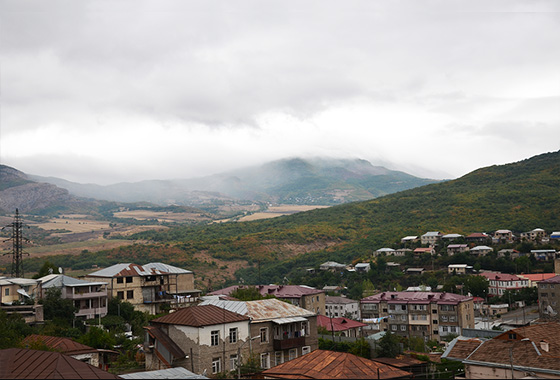Statement by the Monitoring committee on the conflict between Armenia and Azerbaijan
The military hostilities between Armenia and Azerbaijan and the developments since the trilateral statement of 9-10 November 2020 are of great importance to the Council of Europe and have been closely followed by the Monitoring Committee. In co-ordination with other relevant committees it has heard from representatives of both countries as well as independent experts, and the co-rapporteurs for Armenia and Azerbaijan have regularly made joint statements on the developments taking place.
The Committee is convinced that the national parliament of both countries can and should play an important role in the urgently needed confidence building measures, the reconciliation process and the resumption of concrete peace negotiations between the parties. It therefore welcomes the progress made with the implementation of the trilateral statement but expresses its concern about reports that not all persons detained in the context of this conflict have been exchanged. In addition, the Committee considers that both parties should reinforce their cooperation and communication aimed at demining theconcerned areas, with a view to ensuring safety of civilians.
The Committee reiterates that the clear intention of article 8 of the trilateral statement was the exchange of all detained persons, without distinction as to the status that these people assigned by one of the parties. Underscoring the concerns expressed by the European Court of Human Rights with respect to 188 Armenians allegedly captured by Azerbaijan the Committee calls upon Azerbaijan to ensure that all Armenian detainees are released without delay into the care of the Armenian authorities.
Read also
In the views of the Committee, the establishment of an independent international mission responsible for investigating the conflict and allegations of human rights and humanitarian law violations during the recent hostilities is essential to create an environment that is conducive to reconciliation and the establishment of genuine peace. Cultural heritage is important to all parties to the conflict and the urgent establishment of the necessary mechanisms to ensure its protection and renovation is a priority. The Committee has therefore charged its Sub-Committee on Conflicts between Council of Europe Member States to explore more in detail concrete mechanisms for these two issues.
Finally, the Committee calls both parties to constructively engage with the relevant international institutions, in particular the OSCE Minsk Group with a view to fully implementing the trilateral statement, and start the peace negotiations.
Parliamentary Assembly of the Council of Europe






















































